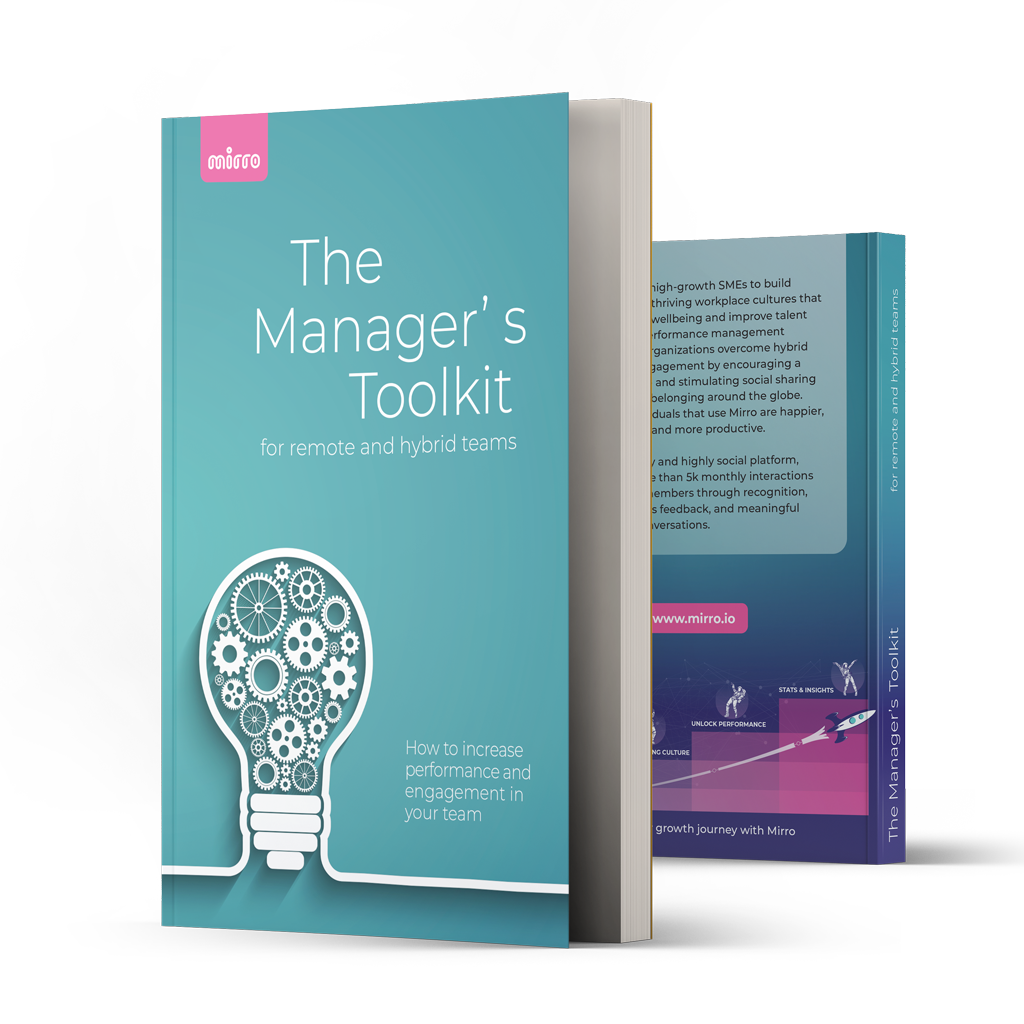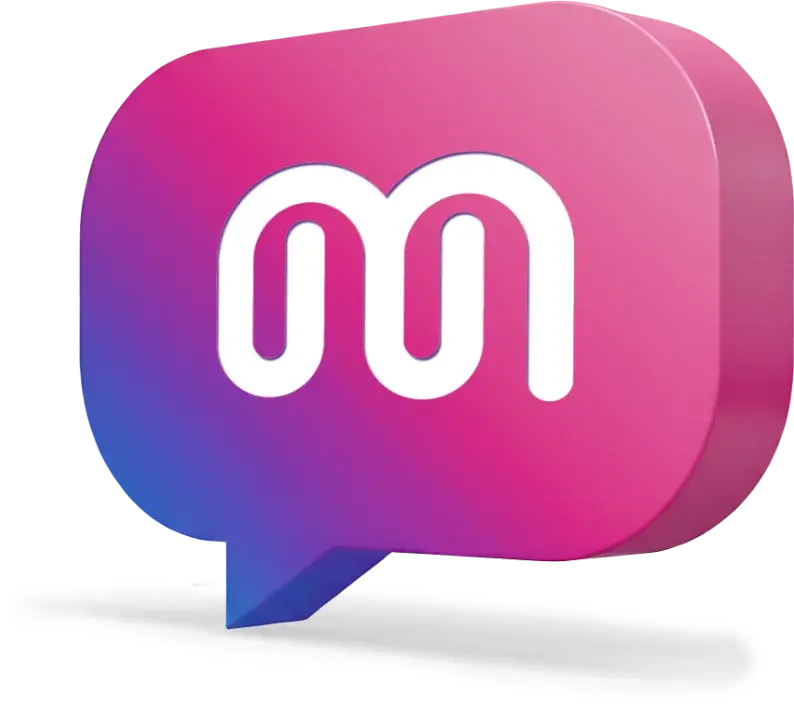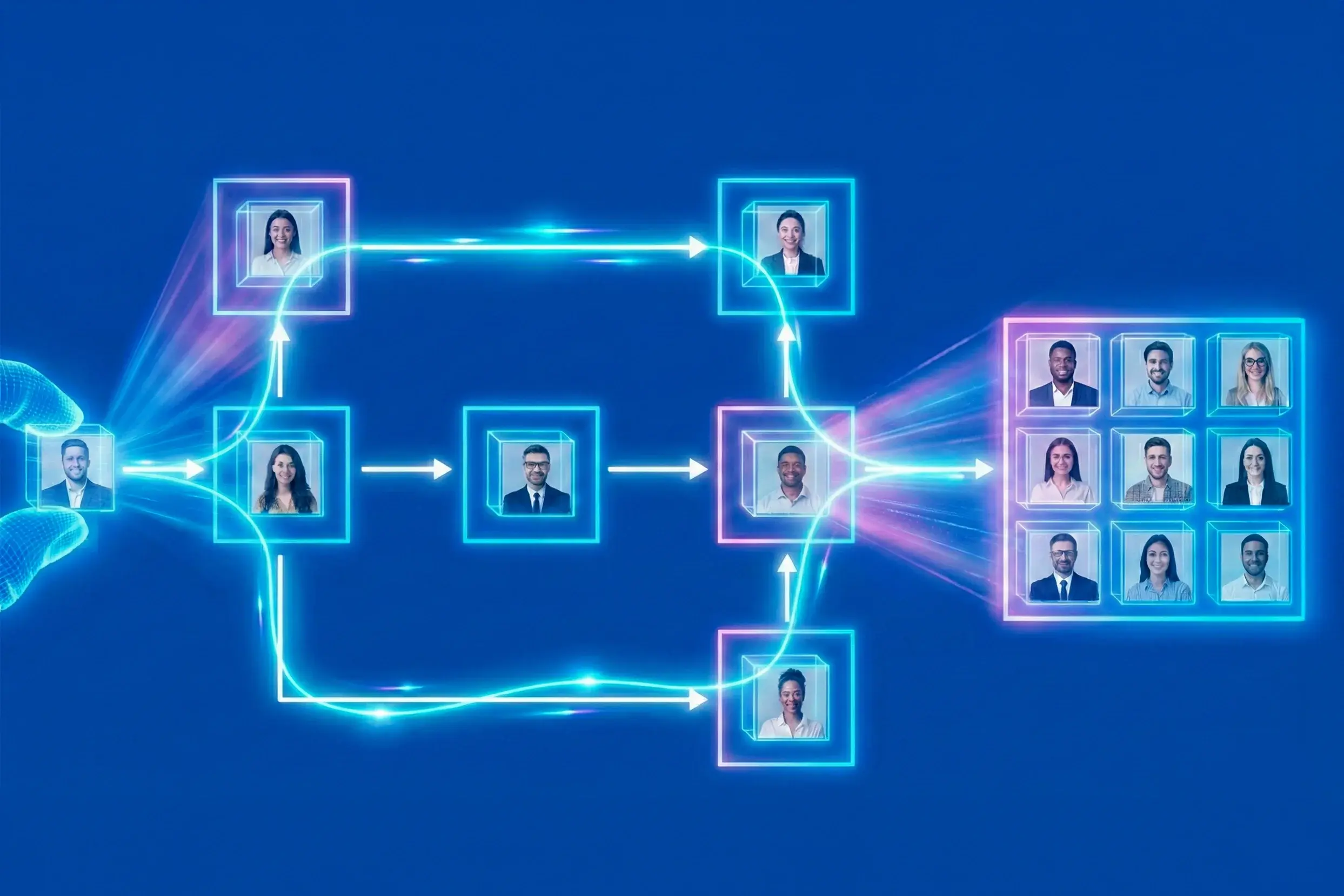SECTION
How to Manage Gen Z Employees: Strategies for Navigating Modern Workplace Challenges

Listen to this article:
Note: This article was updated on November 15, 2024, adding new content covering actionable strategies for managing Gen Z employees, particularly in dynamic workplace situations like remote work, hybrid environments, and crisis management.
With Generation Z quickly becoming a significant part of the workforce, managers must adapt their management styles to meet the unique needs and preferences of this tech-savvy, values-driven generation.
Born between 1997 and 2012, Gen Z employees bring fresh perspectives to the workplace and present new management challenges. To retain and motivate Gen Z, managers must rethink traditional strategies and adopt flexible, transparent, and growth-oriented approaches.
This article will discuss actionable strategies for managing Gen Z employees effectively, focusing on crucial workplace situations such as remote work, career expectations, and digital communication. We'll address specific challenges, such as managing hybrid teams and supporting Gen Z during crisis situations. Find out how to manage Gen Z effectively!

Managing remote and hybrid work preferences
As Gen Z has entered the workforce in times of change, their expectations toward work are very different from previous generations. For example, although nearly half of Gen Zers believe that their jobs remain essential to who they are, they strongly emphasize work/life balance.
Highly accustomed to hybrid or remote working models, Zoomers want independence and are not fond of micromanagement. They also seek flexibility and expect their employer to rate their performance based on achievements rather than time spent on specific tasks.
To keep them engaged and productive, people leaders must provide structure and clear expectations. Learn how to manage Gen Z in remote or hybrid work settings by following these tips:
- Provide flexibility with structure: Gen Z appreciates autonomy but also needs guidance. Implement clear guidelines for remote work, such as daily check-ins or weekly goals, to ensure accountability without micromanagement.
- Use digital collaboration tools: Platforms like Slack, Microsoft Teams, and Zoom facilitate seamless communication and collaboration among remote teams. These tools also offer the flexibility Gen Z craves, allowing them to connect with colleagues and managers without feeling restricted by a rigid office environment.
- Hybrid work schedules: According to a TenSpot study, 54% of the Gen Z employees surveyed feel less productive when working from home. A remote and in-office work blend can keep Gen Z engaged. Managers should offer flexible schedules that allow people to enjoy the best of both worlds: autonomy at home and collaboration in the office.
💡 The bottom line: Companies that endorse a flexible work schedule and encourage independence at work can create an environment where Gen Z feels trusted and empowered, leading to higher job satisfaction and productivity.
Meeting career growth expectations
According to Deloitte’s 2023 Gen Z and Millennial survey, Gen Zs would like their employers to offer better career advancement opportunities. Unlike previous generations, Zoomers tend to prioritize personal development over salary. Gen Z employees are motivated by continuous learning, upskilling, and clear pathways to career advancement. Therefore, career growth and learning opportunities are mandatory.
Below are some policies managers can adopt to motivate Generation Z:
👉 invest in a high-quality onboarding process;
👉 offer on-demand learning opportunities;
👉 provide access to online courses, certifications, and mentorship programs;
👉 create transparent career paths;
👉 set precise, achievable, and challenging OKRs;
👉 encourage direct and transparent communication;
👉 provide constant feedback;
👉 empower people to make their own decisions;
👉 recognize their achievements.
💡 Pro tip: Technology can be your friend here. Consider using a performance management software like Mirro to unlock the full potential of your Gen Z employees.
Navigating digital communication and transparency
Gen Z and technology go together like peanut butter and jelly. They are the first generation to grow up with technology, so they are both tech-driven and tech-dependent. Zoomers are not fans of manual work and inefficient processes because they know technology tools can help them optimize their tasks.
Transparency and direct communication are key for managing Gen Z employees. As digital natives, they prefer to communicate through online platforms and expect open, honest conversations about their roles, expectations, and performance.
Here are a few tips for effective digital communication:
- Adopt a communication-first approach: Use tools like Slack or Zoom to maintain ongoing, transparent communication with your Gen Z team members. Regular updates and clear feedback loops help them stay aligned with company goals.
- Encourage open dialogue: Gen Z values direct, constructive feedback. Regular performance reviews and transparent conversations about their performance foster a culture of trust and continuous improvement.
- Personalized communication: While Gen Z appreciates open communication, it also values personalization. Managers should tailor their communication style to individual preferences, ensuring that feedback is delivered in a way that resonates with each team member. Using employee segmentation helps leaders understand generational and role-based differences, making it easier to personalize communication strategies effectively.
💡 The bottom line: To better manage Gen Z employees, you must satisfy their digital needs by providing them with the proper tools and devices. By fostering open and transparent communication, managers can build trust and loyalty with their Gen Z employees, ensuring they feel valued and understood.
How to manage Gen Z in crisis situations
Zoomers put their mental health first, partially because they have more access to information but also because they have struggled with anxiety, stress, and other mental health issues amid the pandemic.
Research shows that 75% of Gen Z employees have previously left roles for mental health reasons. This clearly states that this generation prioritizes their well-being and will not settle for less.
Luckily, as different associations, institutions, and brands continue to raise awareness of mental health problems, many resources are available for organizations caring about their people.
Crisis situations, such as economic downturns or global pandemics, can heighten stress for all employees, but Gen Z may require additional support due to their focus on mental health and well-being. In times of uncertainty, providing reassurance and flexibility is critical.
Here are just some of the things your company can do during crisis situations:
✅ audit your company culture to ensure it is free of toxic behaviors;
✅ enforce a new HR policy to support mental health at work;
✅ do workshops on raising awareness and combating the effects;
✅ provide counseling and coaching sessions;
✅ give access to mental health resources.
💡 The bottom line: Supporting Gen Z during difficult times helps build trust and fosters a sense of loyalty to the company, ensuring that they remain engaged even in challenging circumstances.
Provide financial stability
According to the same Deloitte study, nearly six out of ten Gen Zers believe their nation's economy will either remain the same or worsen during the coming year. Many believe this will make it more difficult or impossible to request a raise or promotion, find a new job, or ask for more flexibility at work. Their financial worries also affect their capacity to make more personal plans for the future; many believe that starting a family or purchasing a home will become more difficult or impossible.
Therefore, financial stability is vital for managing Gen Z employees. Plus, keep in mind that they have plenty of hiring opportunities all around the globe thanks to remote work, so this generation will not settle for less.
Beyond providing them fair compensation, employers must consider other benefits like health insurance, meal tickets, compensation perks, and wellness subscriptions.
How to manage Gen Z in hybrid work environments
As more organizations adopt hybrid work models, managing teams that split their time between the office and remote work presents its own challenges.
23% of Gen Zers reported answering work emails at least five days a week outside of regular business hours, indicating that respondents find it difficult to detach from their jobs. Gen Z employees, in particular, value the flexibility of hybrid work but also need guidance to set healthy boundaries.
Here are a few tips for managing hybrid work:
-
Foster social interaction: Adopt a "buddy system" so a more experienced employee can assist the new hire, use communication tools to encourage casual conversations, and choose video calls instead of emails or phone calls.
-
Set clear expectations: Hybrid work requires clear guidelines on when people should be in the office and when they can work remotely. Defining these expectations ensures consistency and prevents miscommunication.
-
Promote a healthy work-life balance: Gen Z is unwilling to compromise their mental health by doing overtime or engaging in stressful work activities, leading to burnout and decreased productivity. Help them set boundaries by promoting a culture of "unplugging,” which enforces a healthy balance between personal and professional time.
Managing Gen Z in the modern workplace
Gen Z employees possess numerous qualities that make them highly productive and efficient in remote or hybrid settings. However, they are also vulnerable to specific difficulties due to the tough times they have entered the workforce.
Managing Zoomers requires shifting traditional management approaches, focusing on flexibility, growth opportunities, and transparent communication. By understanding and adapting to their unique preferences—whether in remote, hybrid, or crisis situations—leaders can create an environment where Gen Z thrives, leading to higher retention, engagement, and productivity.
As this generation continues to grow in the workforce, those who embrace their needs and expectations will be better positioned to succeed in today’s rapidly evolving business landscape.







